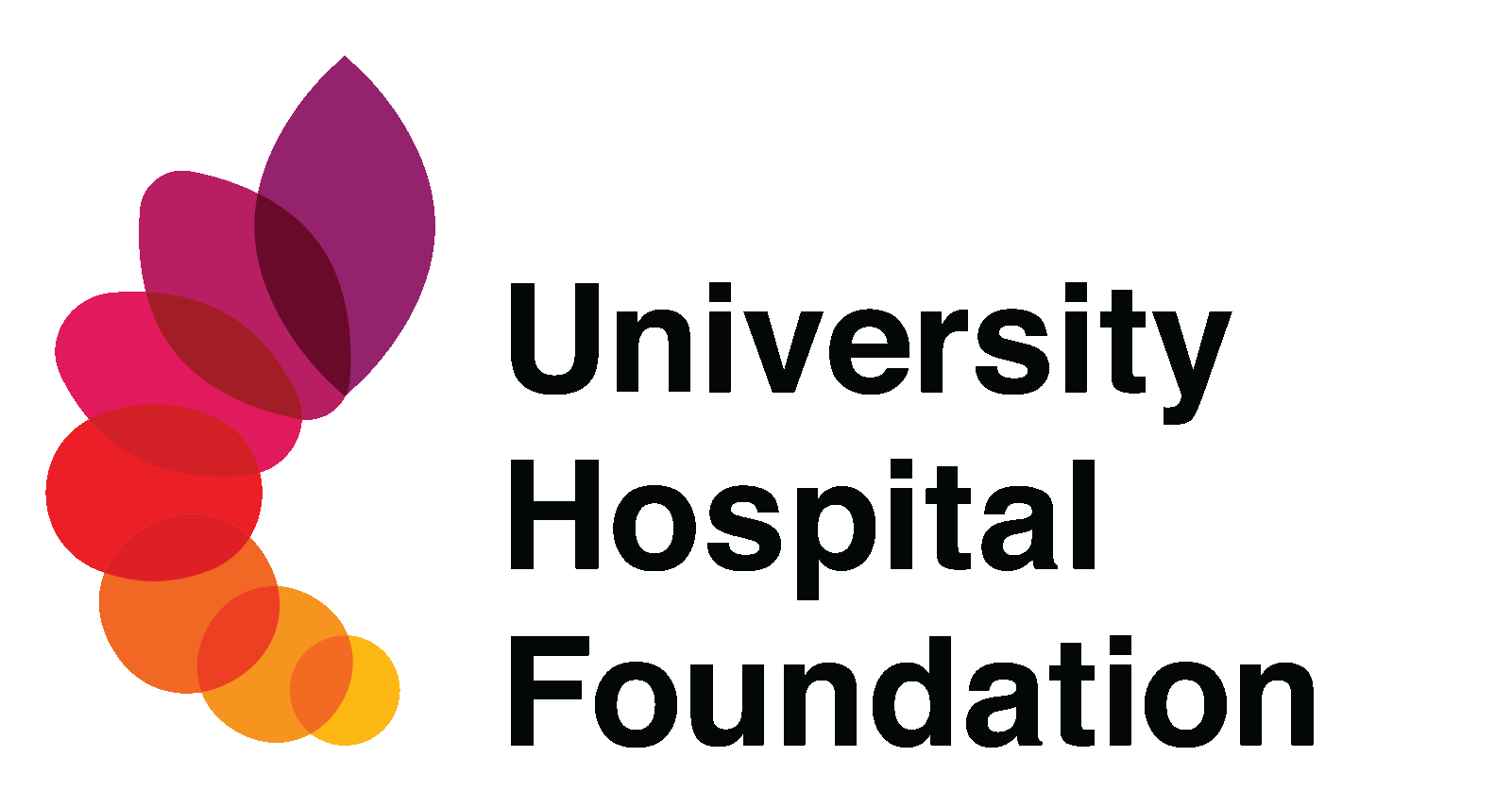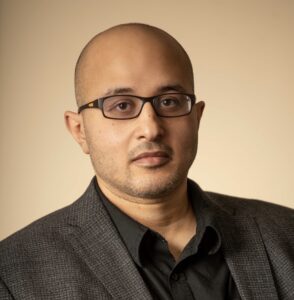Kaye Competition 2023 Winner: Dr. Mohammed Osman
In 2019, rheumatologist Dr. Mohammed Osman started a clinic to provide specialized care to those living with systemic sclerosis. This autoimmune disease causes atypical growth of connective tissues (like skin and blood vessels), which leads to the hardening of skin and internal organs. This can stop muscles, tendons, joints and internal organs such as the lungs, working as well as they should. Systemic sclerosis is not to be confused with a separate condition called scleroderma, which just affects the skin.
“Early on, I noticed that about 50% of my systemic sclerosis patients had severe fatigue. Not just fatigue but fatigue severe enough that it meets the definition of chronic fatigue syndrome. They had breathlessness, non-restorative sleep and it was associated with cognitive dysfunction,” says Dr. Osman. “I’d look for various reasons for this fatigue and something I could treat to help them…and I couldn’t find anything. So, as a translational researcher, this is an opportunity to try and figure it out.”
In 2023, Dr. Osman published a paper that showed that the mitochondria, the energy building blocks in the body, were not working in fatigued systemic sclerosis patients compared with those who had the disease but weren’t fatigued and those who didn’t have the disease.
But that was just the beginning. There’s much more to explore and make sense of before being able to come up with treatments to help people living with this disease.
“Fatigue is the top predictor of disability and loss of income for systemic sclerosis patients, but we don’t know why the fatigue is happening, and we don’t currently have good treatment options to help them. I want to have an intervention to offer people and help improve their quality of life,” says Dr. Osman.
And that’s why he applied to the Kaye Competition.
For the next research phase, Dr. Osman and his colleagues want to better understand how blood vessel abnormalities in the hands, muscles, lungs, and heart may be related to the severe fatigue. They also want to confirm if changes in the blood accurately reflect what they think is going on with these patients.
“We’ve been doing this work on our own, and people have been volunteering their time because it’s important and interesting, but we’re so happy to be funded. The Kaye Competition support is amazing because it will help us push this research forward.
“Ultimately, as clinicians, what we all want to do is to have some therapy to offer people. That’s why we do what we do.”
Share this article
Facebook
Twitter
LinkedIn

